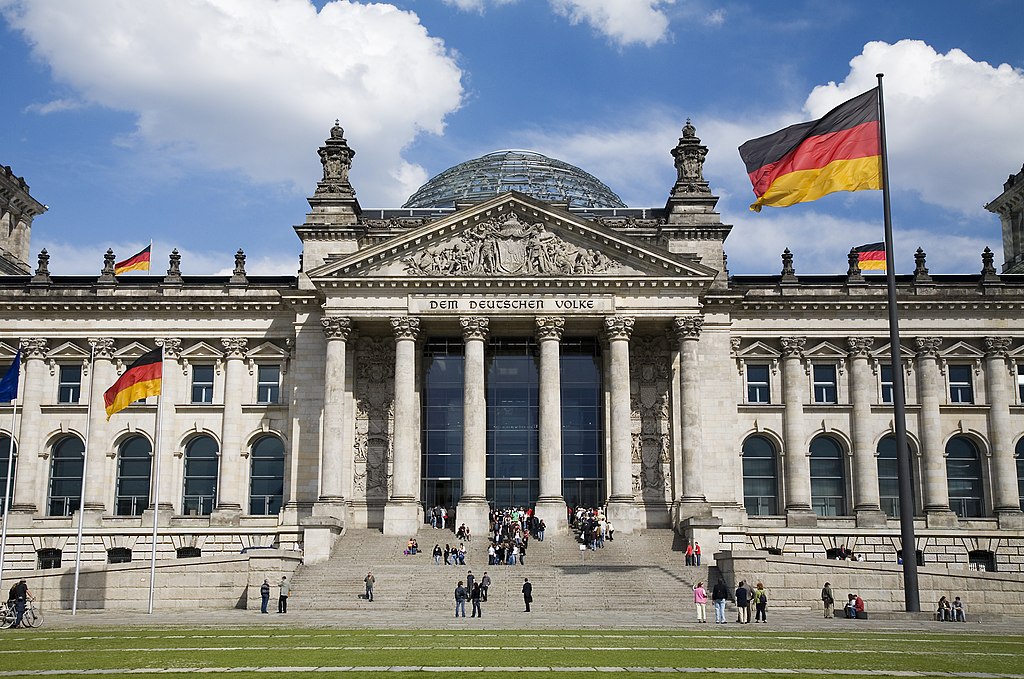A draft law in Germany should eliminate lingering problems with law enforcement agencies by clearly stating that industrial hemp has no intoxicating effect and therefore poses no danger.
In a corollary provision, intoxicating hemp edibles are not permitted under the legislation, the Industrial Hemp Liberalization Act.
Hemp stakeholders have long been hampered by a clause in existing German law regarding hemp and THC. The “intoxication clause” describes the theoretical – if impractical – possibility that a person can get high by consuming large quantities of industrial hemp.
The clause, which hemp interests have fought for years, has led to bans, raids and criminal lawsuits regarding hemp foodstuff and hemp-derived products such as CBD. Stakeholders have said eliminating the clause will give producers security in their business planning and set Germany’s hemp food makers on par with other markets around the world.
Obstacle eliminated
“This draft law is a final step to clearly taking hemp completely out of criminal law,” Marijn Roersch van der Hoogte, vice president and head of the industrial hemp department at the German Cannabis Business Association, told HempToday. “This is crucial because it will open the door to greater investment.”
Calling the intoxication clause “a serious obstacle” to development of the hemp sector, the law admits there is no evidence that hemp is actually used to get high.
“With the adoption of the KCanG (Germany’s recreational marijuana law) and the legal procurement options for intoxicating consumer cannabis, the Federal Government believes that such abuse of industrial hemp will be virtually eliminated once and for all, so that there is no longer any need for corresponding legal regulation,” according to the law.
But the draft bill also specifically bans intoxicating compounds that have appeared in hemp products in many parts of the world, most of which are not natural substances but are made via a synthetic process based on hemp-derived CBD.
Clarity on CBD
The new law would also clarify that CBD products can be marketed if they meet the 0.3%-or-lower THC threshold and meet regulations for new or “novel” foods, eliminating another major roadblock that has hurt the industry for years.
The law notes that European Union agricultural subsidies have not led to a hoped-for increase in German fields dedicated to hemp, which has remained a shrinking “niche sector.” While the downturn is blamed primarily on economic reasons, the law observes that the sector has also labored under legal and bureaucratic factors.
“The previous regulations were based on a very restrictive cannabis policy, which also extended to industrial hemp,” according to the draft measure.
Promoting hemp
“In order to promote industrial hemp in Germany, the possibilities for cultivation must be expanded and the requirements for handling industrial hemp must be relaxed,” it reads. “The plan is intended to provide greater legal certainty and more fields of activity for the industrial hemp sector.”
The Industrial Hemp Liberalization Act also opens up hemp farming to a broader range of operators such as those in forestry, horticulture, fish farming and even beekeeping, and emphasizes indoor growing.
“Indoor cultivation opens up opportunities for other economic operators, especially in rural areas, to grow industrial hemp beyond agriculture by working the soil. In addition, indoor cultivation makes it possible to precisely control the active ingredient content in industrial hemp,” the bill reads. “This also makes cultivation interesting for the production of products containing CBD, such as CBD oil.”
The law allows private individuals to grow up to three plants and possess up to 50 grams of hemp flowers at home.
Processing at 1% THC
A rule allowing for the THC level to rise to a maximum of 1.0% during the production of such products as tea and CBD as long as the content in the final products does not exceed the EU limit of 0.3% is also in the law. However the bill is vague as to whether partially processed material that is over the 0.3% THC may be sold. Roersch van der Hoogte said stakeholders will push for clarification on that matter before the bill is voted on.
Finally, the law observes that hemp meets goals under the German Sustainability Strategy related to food security and the reduction of fertilizers and pesticides in farming. “Hemp improves the soil by enriching it with nitrogen from the air and provides a habitat for insects. Industrial hemp cultivation therefore offers a variety of advantages in terms of sustainability, mitigating climate change and biodiversity,” the law reads.
The draft law, published this month by the German Federal Ministry of Food and Agriculture, is now under interdepartmental consultation which will provide feedback from various government ministries and agencies. Once the consultation is complete, the draft will be revised and must then be passed by both chambers of Parliament and signed by the president to become law.

